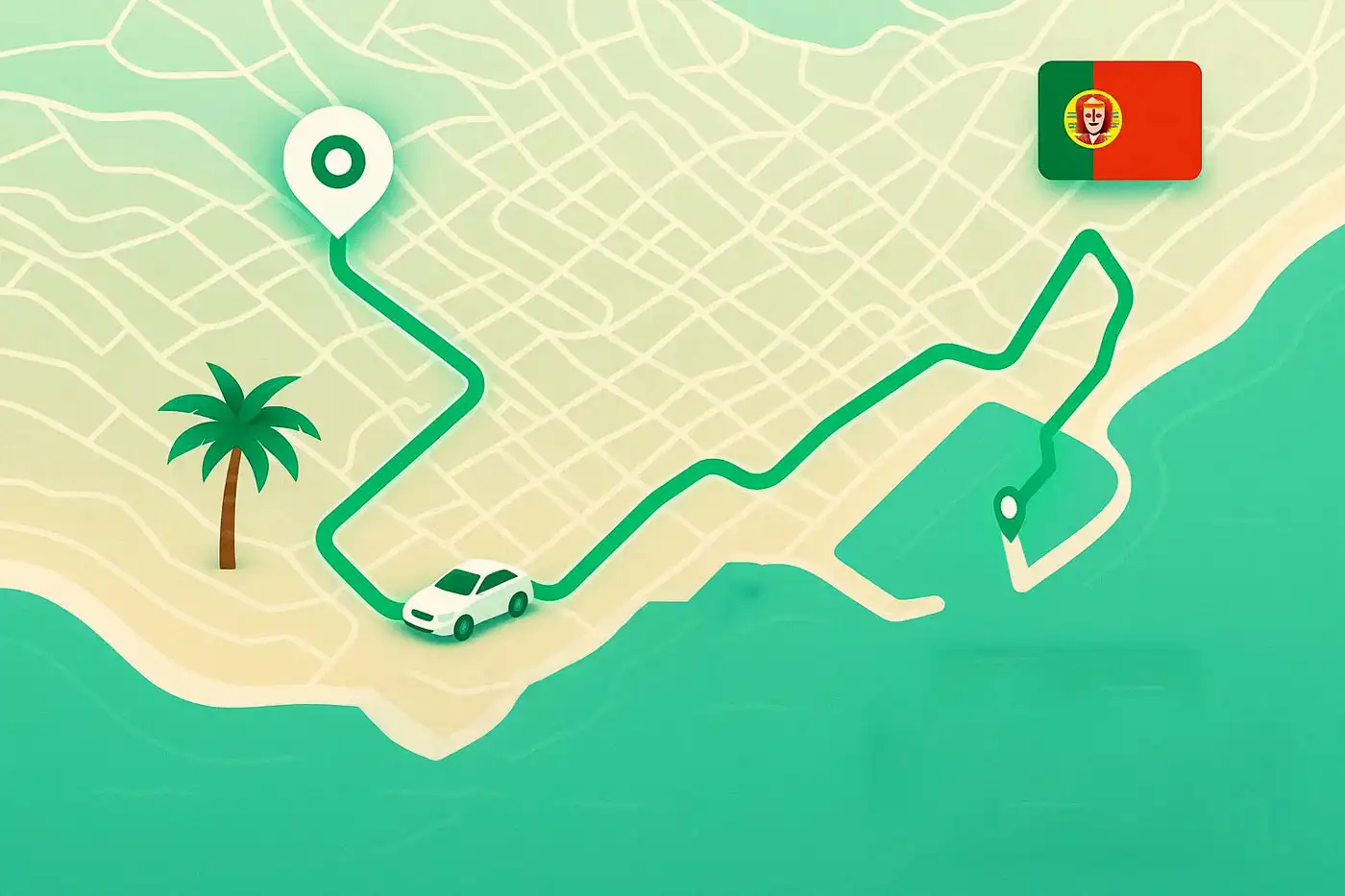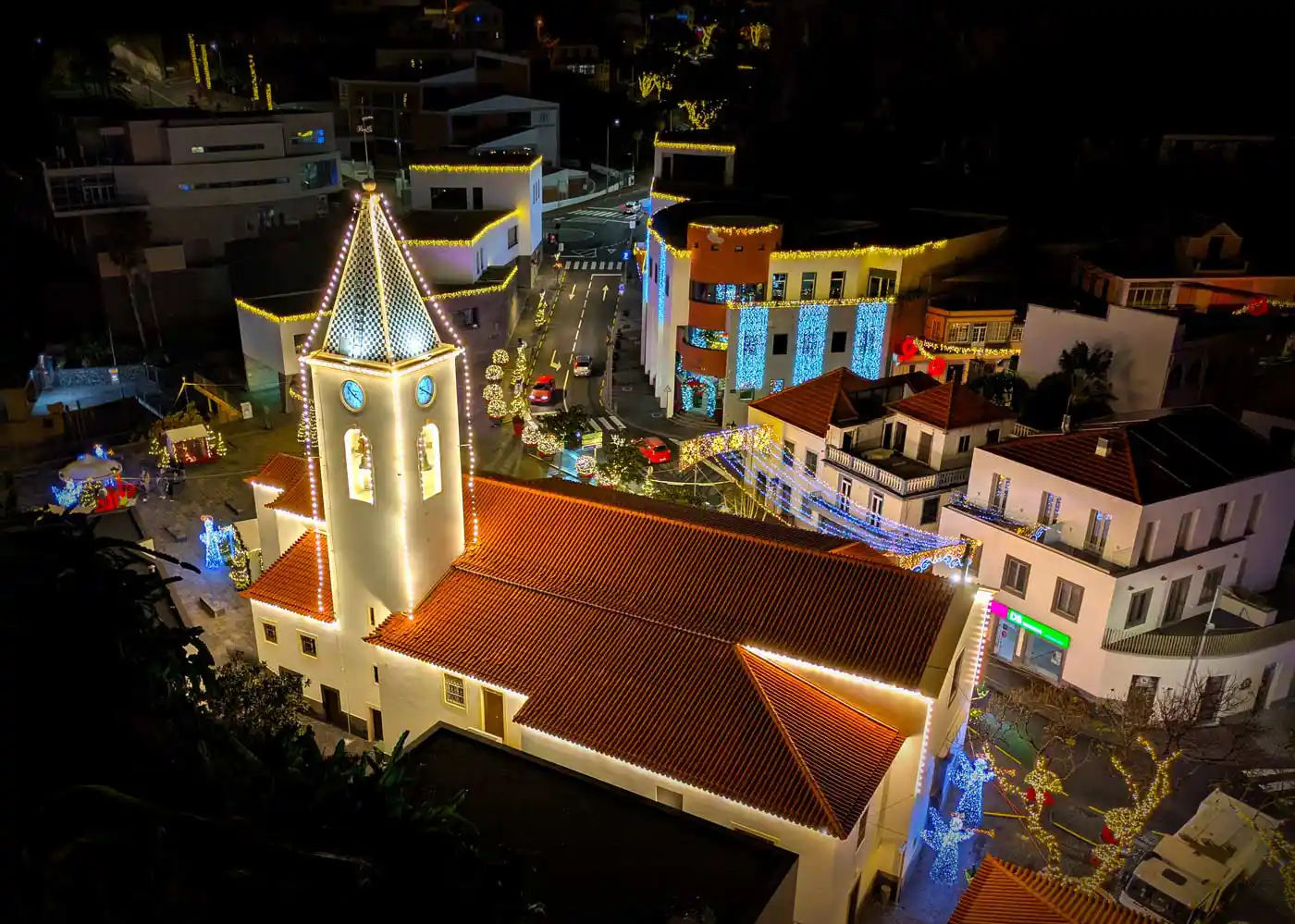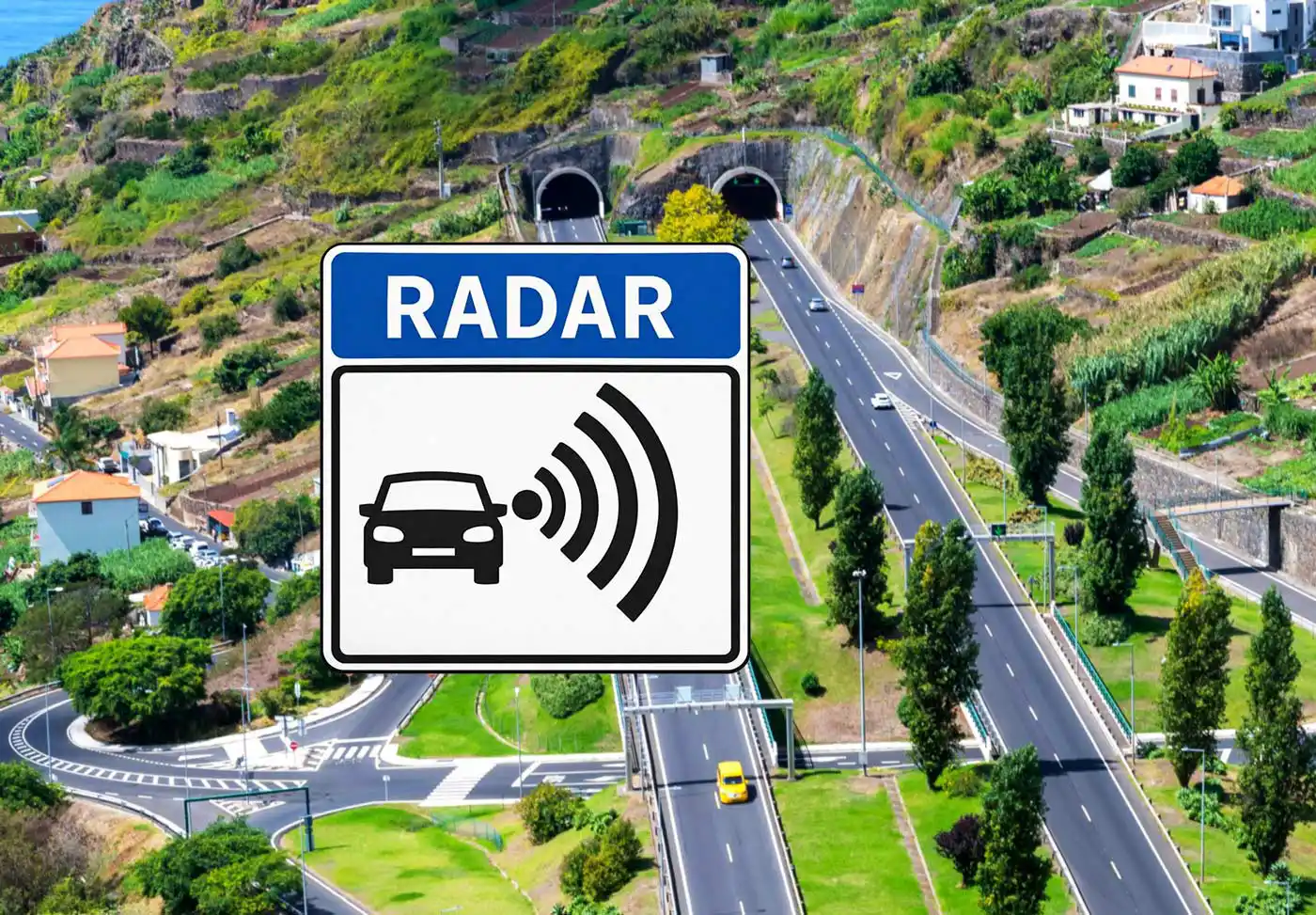Chega’s TVDE Claims: Political Spin Disguised as Legal Authority
Chega MP Francisco Gomes argued that Madeira has the legal authority to regulate ride-hailing (TVDE) services (Bolt, Uber) independently, rejecting the claim by the Representative of the Republic that it does not. He cited EU treaties and European Court of Justice rulings supporting regional regulation in matters of public safety, territorial planning, and consumer protection.
Gomes said the Madeiran autonomy is not symbolic and pointed to regions like Catalonia, Florence, the Balearic Islands, and Brussels that have enacted their own TVDE rules. He contrasted taxis - which he called a regulated public service - with what he described as a lawless TVDE sector plagued by fraud, illegal licenses, and unqualified drivers, even alleging links to illegal immigration networks in Lisbon and Porto.
But does he have a point? He doesn’t. His claim is political and incorrect. Here’s why.
The Legal Framework: TVDE in Portuguese Law
The TVDE regime is primarily governed by:
Law no. 45/2018, of 10 August, which establishes the legal regime for the activity of individual and remunerated passenger transport in uncharacterized vehicles (TVDE);
Its regulatory decree (Decreto-Lei n.º 101/2019, de 6 de agosto).
These laws explicitly assign national competence over:
Licensing of operators and drivers (via the IMT – Instituto da Mobilidade e dos Transportes);
Definition of rules on safety, training, insurance, and interoperability;
Supervision (by IMT and ANSR).
The Regional Governments (Madeira and Azores) are not listed as competent authorities to regulate or legislate autonomously in this area.
Therefore, under the current national framework, the competence lies entirely with the central government (República Portuguesa).
2. Constitutional Context: Regional Autonomy vs. National Competence
The Constitution of the Portuguese Republic (CRP), especially Articles 225–234, regulates the autonomy of the Azores and Madeira.
Key points:
The regions may legislate within the framework of their own Statute and within the limits of the Constitution and national law (Art. 227 CRP).
They can only legislate on matters of specific regional interest not reserved to the organs of sovereignty.
Matters like transportation policy, competition, and consumer protection are generally considered national competences, unless there’s explicit delegation.
Hence, unless the Statute of the Autonomous Region of Madeira (Lei n.º 13/91, de 5 de junho, as amended) explicitly grants competence over the regulation of private or remunerated transport, the regional legislature cannot unilaterally create binding TVDE rules.
And in fact, the Madeira Statute does not grant that power.
3. Francisco Gomes’ Argument: Invoking EU Law
Francisco Gomes (Chega) invokes:
Articles 169 TFEU (consumer protection);
Articles 2, 4, 5 TEU (principles of proximity, subsidiarity, and proportionality).
He argues that EU law supports local regulation to protect consumers and public safety.
However:
The principle of subsidiarity governs the distribution of competences between the EU and Member States, not between national and regional authorities within a single state.
EU law does not override the Portuguese constitutional order defining internal competences.
The Court of Justice of the European Union (CJEU) has indeed recognized that local authorities can regulate taxis or private hire vehicles (e.g., Uber Spain, C-434/15), but only within the national legal framework.
So his appeal to EU law is not legally effective in granting Madeira direct competence - it’s more of a political argument for greater decentralization, not a legally valid claim under current Portuguese law.
The Role of the Representante da República
The Representante da República acts as the constitutional link between the Republic and the region. If Madeira were to approve a regional law regulating TVDE, the Representative could:
Veto the law and send it for constitutional review to the Constitutional Court.
On review, it would likely be struck down as unconstitutional due to usurpation of national competence.
There’s solid precedent for this - the Constitutional Court has previously struck down regional decrees that invaded national competences (e.g., rulings concerning energy, telecoms, and justice matters).






Comments